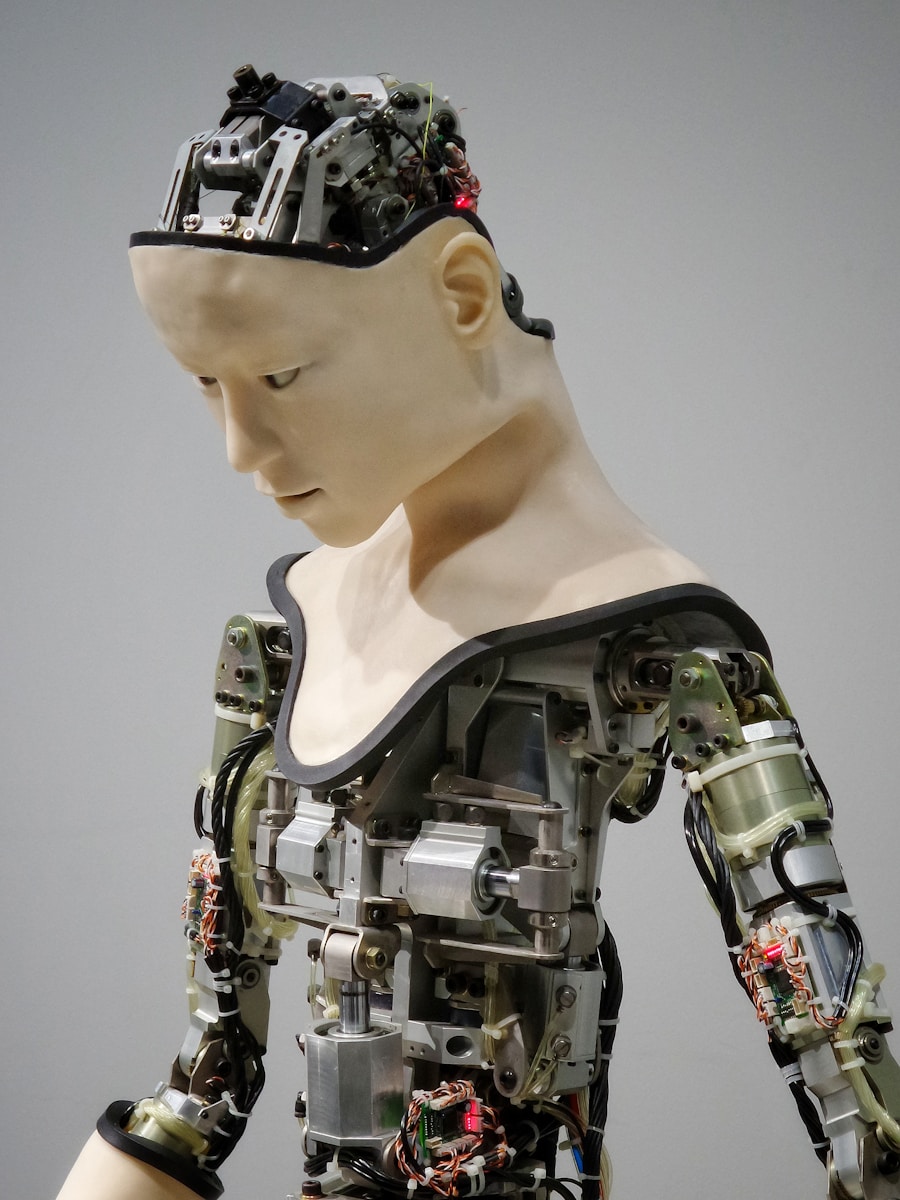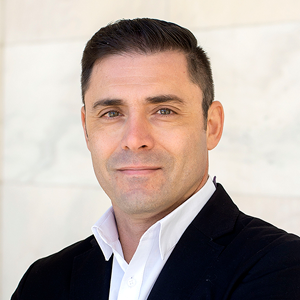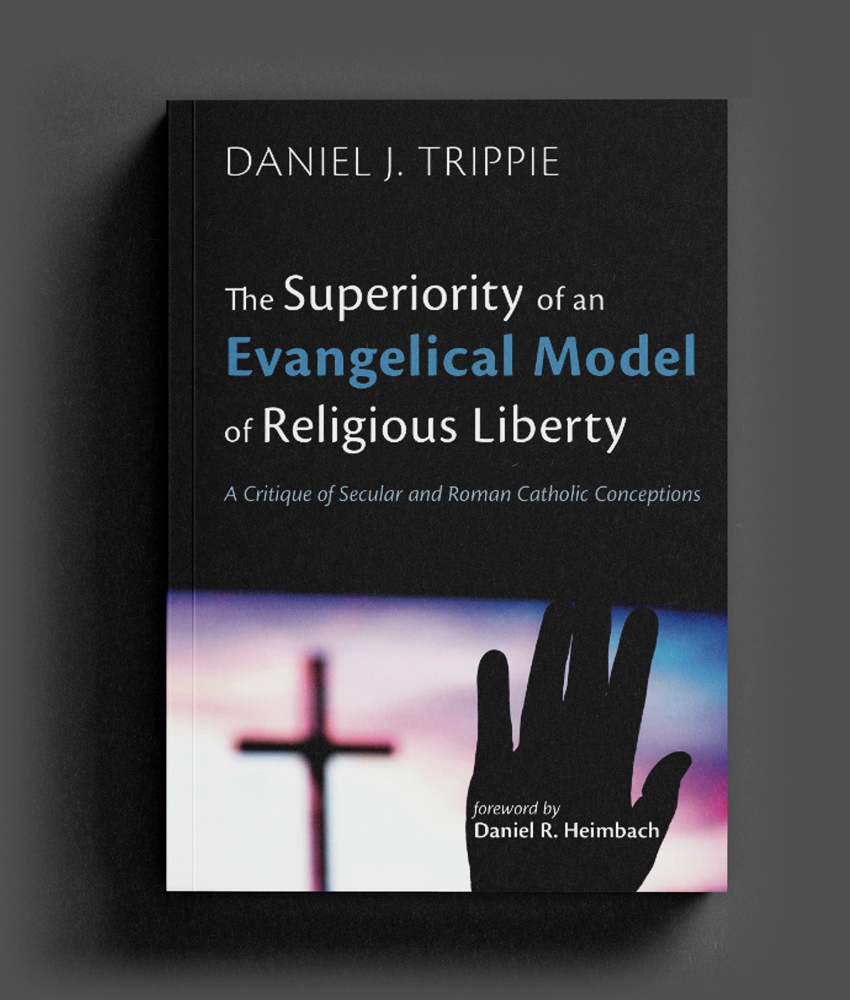Deception is costly. CEOs go to jail if they cook the books. Physicians are sued if they intentionally withhold medical information. Employees are fired if they lie on a résumé. Students are expelled if they plagiarize. Deception is costly not only relationally but financially.
We expect truth from our neighbors, but our economic system depends on it. We trust products and services will equal their advertised value. We sign contracts expecting both parties to act in good faith. Currencies are valued when the public trusts their backing. Trust is essential for economic exchange. However, artificial intelligence creates new challenges for understanding truth in the marketplace.
Benefits and Challenges
Artificial intelligence has existed since 1956. But in recent years, it has significantly contributed to our economy. AI is helping lower-skilled workers overcome poor writing and mathematical skills. Brent Orrell, a senior fellow at the American Enterprise Institute, notes that AI will level the playing field for many lower-skilled workers. Orrell cites call center operators as a prime example. Call center operators are now using AI-generated scripts to help assist challenging callers. While AI replaces many jobs typically held by more skilled workers, it benefits those less proficient.
Nevertheless, the benefits of AI do not come without ethical questions. For instance, Chat GPT opened new ways to deceive professors. Students can now produce complex essays with only a few prompts in a chat window. Artists are paid for their vision and creativity. But now, it is unclear if one is paying for human exceptionalism, a computer-generated algorithm, or both. Moreover, deep fakes present new concerns about AI-generated slander and defamation. Consequently, like every new piece of technology, the capacity for both good and evil is before us.
Deception, Creative Enhancement, and Workplace Ethics
So, how can we maintain virtue while integrating AI into our work lives? Perhaps it is wise to define the difference between deception and creative enhancement. Deception, as commonly understood, includes lying. For people of faith, lying is wrong because it is contrary to God’s character. But one does not necessarily need to believe in God to realize that lying deprives a person of choice. Truth must be appropriately presented for one to make a responsible choice. Human dignity is honored when people are given the truth to make autonomous decisions.
However, while most people agree that telling the truth is morally good, we are often unclear about what qualifies as a “lie.” Some ethicists define lying as verbally communicating to a person or group something one believes to be false. For example, a salesperson might say to a customer, “I believe this product will work well for you,” all the while, the salesperson thinks, “I know this product is not what is needed, but it gets me the highest commission.”
Still, other ethicists argue that communicating in a manner that violates relational trust (where truth is owed), regardless of the truthfulness of the information, commits a lie. For instance, a property owner may believe their land is contaminated but falsely tell their realtor it is not. After inspection, it turns out the land is not contaminated, and thus, the owner did not communicate false information. They did, however, communicate what they “believed to be false,” violating the relationship between agent and client; therefore, the client lied even though what was communicated was not contrary to fact. Consequently, lying seems to include not simply communicating true or false information but communicating information with the intent to deceive.
Honest AI and Workplace Integrity
What considerations may help us use AI with integrity? We can clearly state what percentage of content, concepts, ideas, and words are the product of human mental energy when we pay for services. The principles of justice seem to demand that consumers who pay for 100% human mental and physical energy receive precisely what they pay for. Businesses or employees that market some form of human exceptionalism ought to disclose how much AI is integrated into their work.
Moreover, if one is going to incorporate AI into one’s field, relational boundaries must not be violated. For instance, a photographer cannot allow computer-generated pictures of one’s child to be created without permission. A student cannot generate a paper using AI unless specifically allowed to do so. A professor cannot use AI to correct a student’s work unless it is clearly stated. The nature of the relationship between the student who pays for a professor’s knowledge should expect the professor’s expertise, just as the professor expects a student to put forth original ideas and content.
Moreover, employees should explicitly ask employers how much AI is permissible. The relationship between employer and employee is one of trust; thus, clear communication regarding AI use will help strengthen trust.
Our world is rapidly changing, and given the pace of technology, it will not slow down anytime soon. And while there is much disagreement on moral issues these days, lying still seems to invoke outrage. Even as some define truth differently (my truth, your truth), there is a universal expectation that we should not lie. Perhaps we still reject lying because we know the financial and relationally painful cost, that trust takes time and can be lost instantly.
(I used Grammarly -AI software to edit this article 🙂









